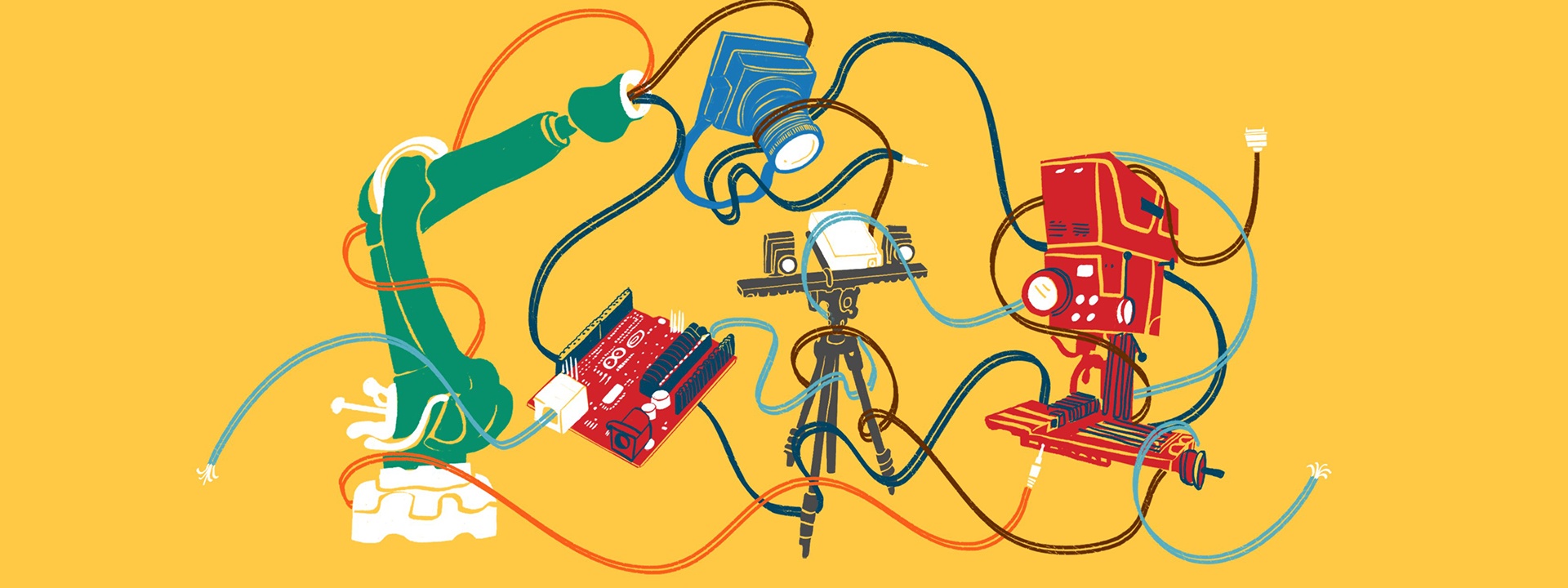M@ke in Nuoro
M@ke in Nuoro is a digital fabrication lab that has raised the bar for innovation throughout central Sardinia.
In collaboration with the Nuoro Chamber of Commerce and AILUN, this project’s aim is to exploit the new possibilities offered by digital technology to free the region, providing everyone access to information and technology.
The lab has a versatile suite of equipment and cultivates a knowledge-sharing environment, promoting the innovation, inventiveness and creativity of local businesses.
M@ke in Nuoro is also committed to increasing local knowledge of new digital technologies, creating an innovation ecosystem in which digital fabrication can transform production and business models, making local businesses increasingly competitive on the global market.
The goal is to build a community of mutually supporting members and transform outstanding small businesses into a large network. M@ke in Nuoro offers the tools and opportunity to embark on a fascinating journey towards innovation.
In collaboration with the Distretto Culturale del Nuorese, M@ke in Nuoro has launched a cultural project that uses new technologies to create digital and physical reproductions of the Nuoro region’s rich cultural heritage, to improve access and use at the Distretto Culturale’s cultural sites.
The 3D reproductions of objects of cultural importance improve the user’s experience in terms of accessibility and inclusion: allowing visitors to ‘touch’ the objects and interact with them using new technologies makes the visit more fun and interesting.
Producing a digital model and the subsequent 3D prints makes it possible to create:
- Objects that the visitor can touch and use (unlike the original objects), with positive results in terms of museum satisfaction, fun and learning;
- Small-format objects intended for sale;
- Large-format objects for promotional activities in the area and at international events;
- Accurate replicas that allow local communities to reappropriate their own cultural heritage and build their tourist offerings around it;
- Accessible versions of objects, including two-dimensional works (for example, paintings), for visitors with special needs.
To find out more, visit the Museo Tattile Diffuso or contact us.
 Nuorese Cultural District
Nuorese Cultural District